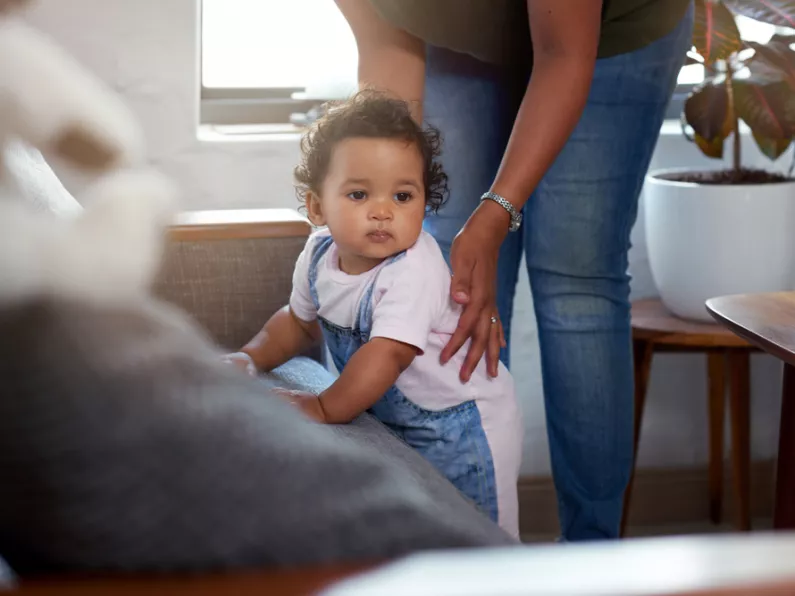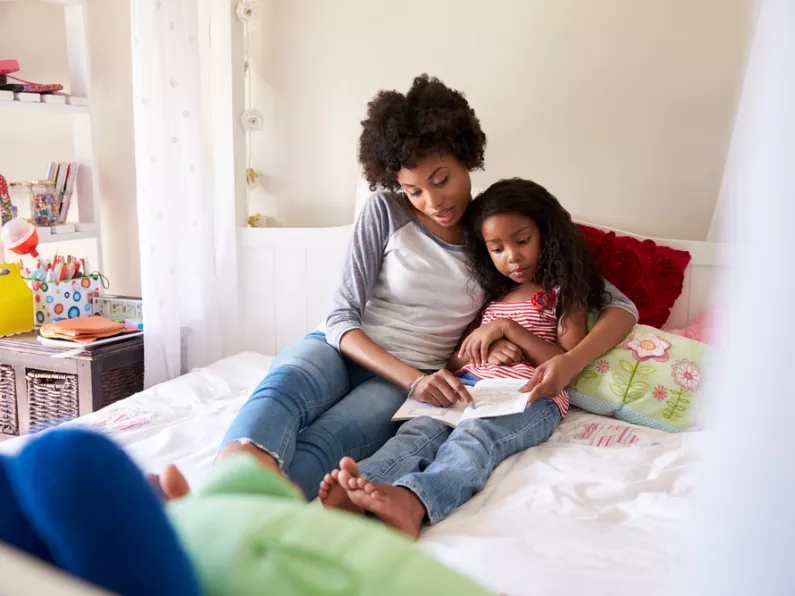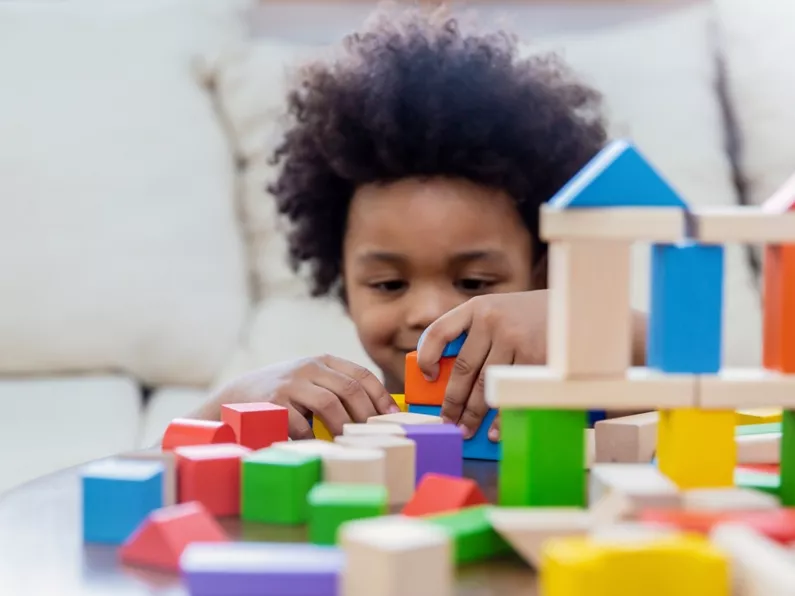The terrible twos; the phase that breathes fear into the hearts of parents everywhere.
But hope is on the horizon as a study has revealed the terrible twos may be preventable.
A 2020 study looked at the link between a parenting technique called autonomy support at 14 months and behavioural issues at 24 months, finding that the two are linked.
Autonomy support, as defined by the study, is a flexible method of parenting that places the emphasis on the child taking the lead on the task at hand.
As they do this, parents are encouraged to watch their child and accordingly adjust how they may be responding to the task.
'Terrible twos' may be preventable, study finds
The study, published in the journal Developmental Science, looked at data from more than 400 expectant couples from the East of England, the Netherlands, and New York State.
The couples were visited when their child was 4 months, 14 months and 24 months.
During each of these visits, the researchers also filmed the parents interacting with their child as they completed specific tasks. The researchers then rated the level of support parents gave the child during each interaction, as well as the child’s temperament and behaviour.
One task included having the kids put animal cutouts into the right place.
The researchers noticed some parents were anxious about their child getting it right and helped out often, while others who noticed the task was too difficult allowed their child to go at their own pace.
“We had some children who took two animal pieces from a wooden farm puzzle and started clapping them together, and making a game out of the fact that they made a clapping noise. Here, parents might respond by encouraging the child to make animal noises that match the animals being clapped together,” joint first author of the study Dr. Rory Devine, of the University of Birmingham’s School of Psychology, stated in a news release.
“Autonomy supportive parenting is about being flexible, following a child’s lead, and providing just the right amount of challenge.”







